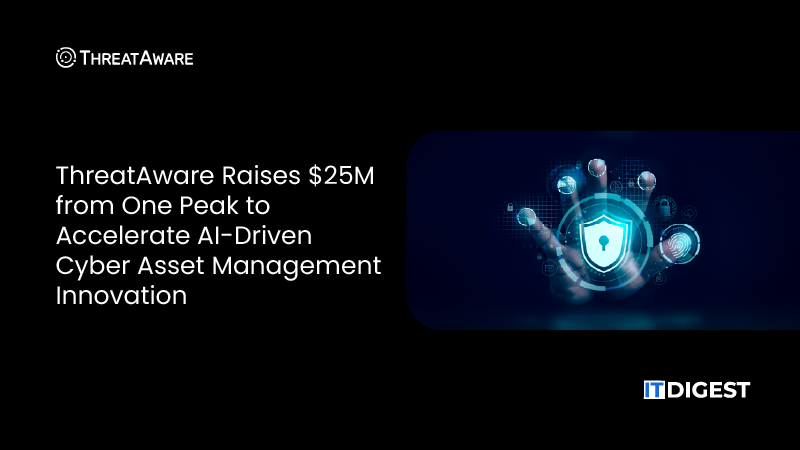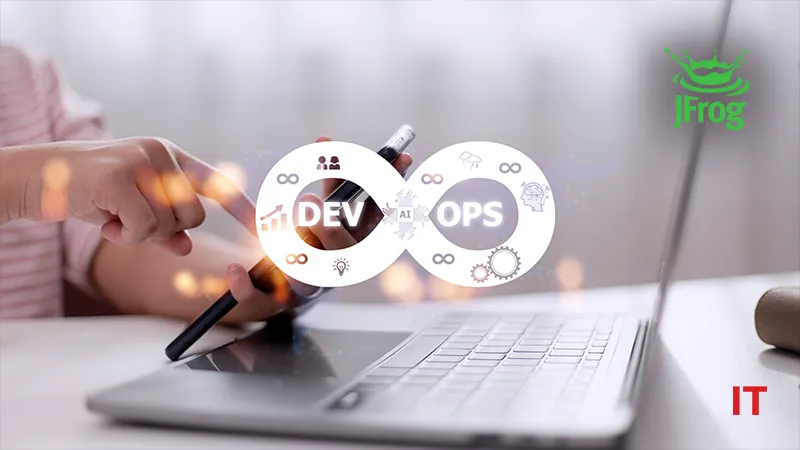JFrog, the Liquid Software company and creators of the JFrog Software Supply Chain Platform, announced the addition of JFrog Runtime to its suite of security capabilities, empowering enterprises to seamlessly integrate security into every step of the development process, from writing source code to deploying binaries into production. The JFrog Platform streamlines collaboration between developers and security teams, automating DevSecOps tasks to save time and strengthen security for modern, cloud-native application development. It equips teams to monitor Kubernetes clusters in real time, enabling them to identify, prioritize, and quickly address security incidents based on actual risk. Additionally, it helps ensure image integrity and helps meet compliance requirements effectively.
“As organizations increasingly shift left to combat today’s growing threat landscape, the disconnect among siloed tools places additional strain on developers, security, and MLOps teams,” said Asaf Karas, CTO of JFrog Security. “Companies can alleviate this burden by adopting a unified platform that provides end-to-end visibility, remediation, and traceability across the development and security processes. By empowering DevOps, Data Scientists, and Platform engineers with an integrated solution that spans from secure model scanning and curation on the left to JFrog Runtime on the right, organizations can significantly enhance the delivery of trusted software at scale.”
A recent IDC survey sponsored by JFrog found that organizations spend an average of $542 per week per developer on security-related or DevSecOps tasks, equating to $1.89 million annually. Developers want to focus on coding, while security teams prioritize risk mitigation. JFrog Runtime empowers users to track and manage packages from various origins, organize repositories by environment types, and activate JFrog Xray policies, ultimately fortifying security from code to runtime. As part of the JFrog Platform, Runtime also addresses the visibility and alignment gaps among teams, optimizing version control and package development, while ensuring R&D, DevOps, and security teams can collaborate effectively and efficiently, saving developers hours of valuable time.
Also Read: Capgemini Boosts Digital Transformation with Syniti Buy
“Runtime security is critical for our customers as it ensures that their applications remain protected while in operation. With the increasing complexity of cloud environments and the rise of containerized applications, real-time visibility into potential vulnerabilities is essential,” said Paul Goldman, CEO, iTMethods. “JFrog Runtime will help enhance our customers’ security posture by allowing them to rapidly detect and respond to threats, thus safeguarding their data and maintaining trust in their cloud services.”
Industry research shows that one in five applications contain runtime exposure, with 20 percent of all applications having high, critical, or apocalyptic issues during the execution stage. By automating security for fast-moving, dynamic applications like those that run in containers, JFrog Runtime security addresses the unique visibility and insight needs of cloud-native environments.
SOURCE: Businesswire

































